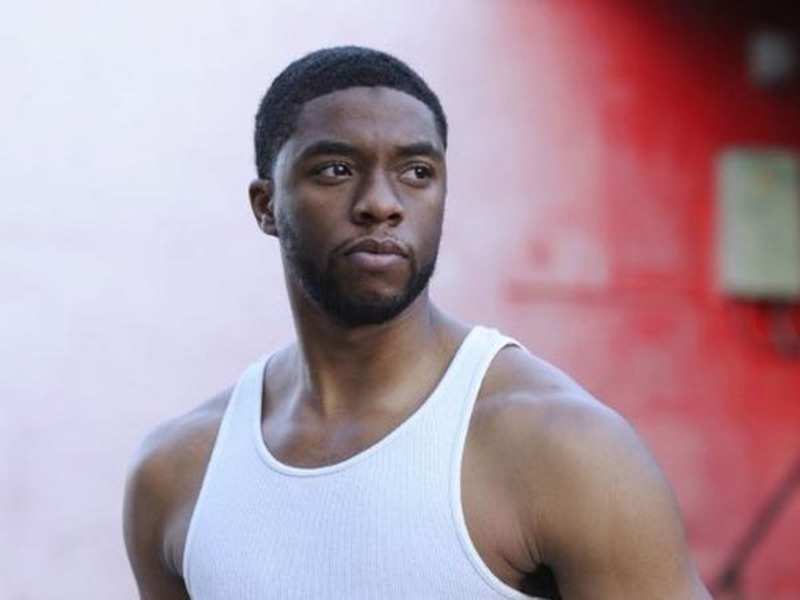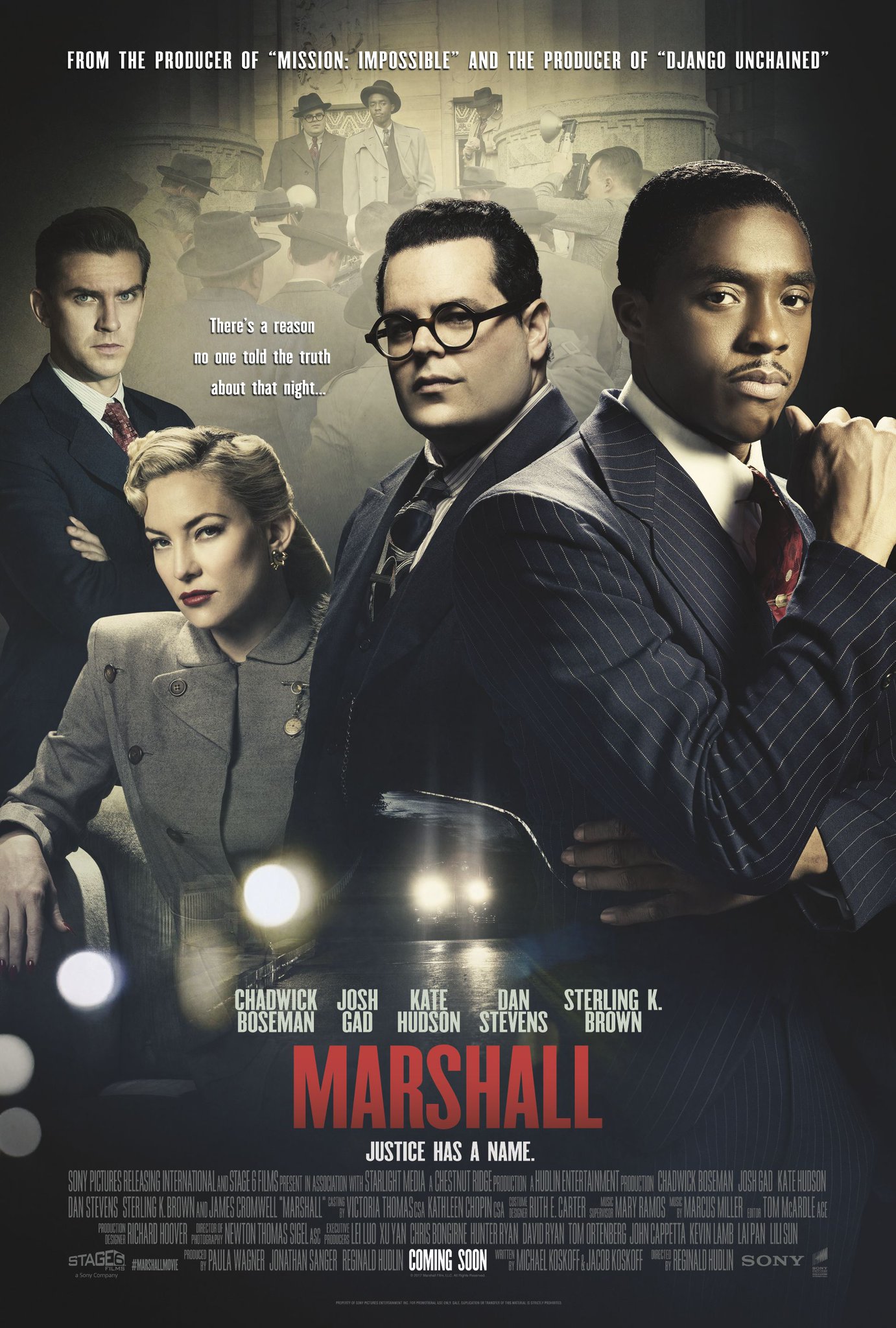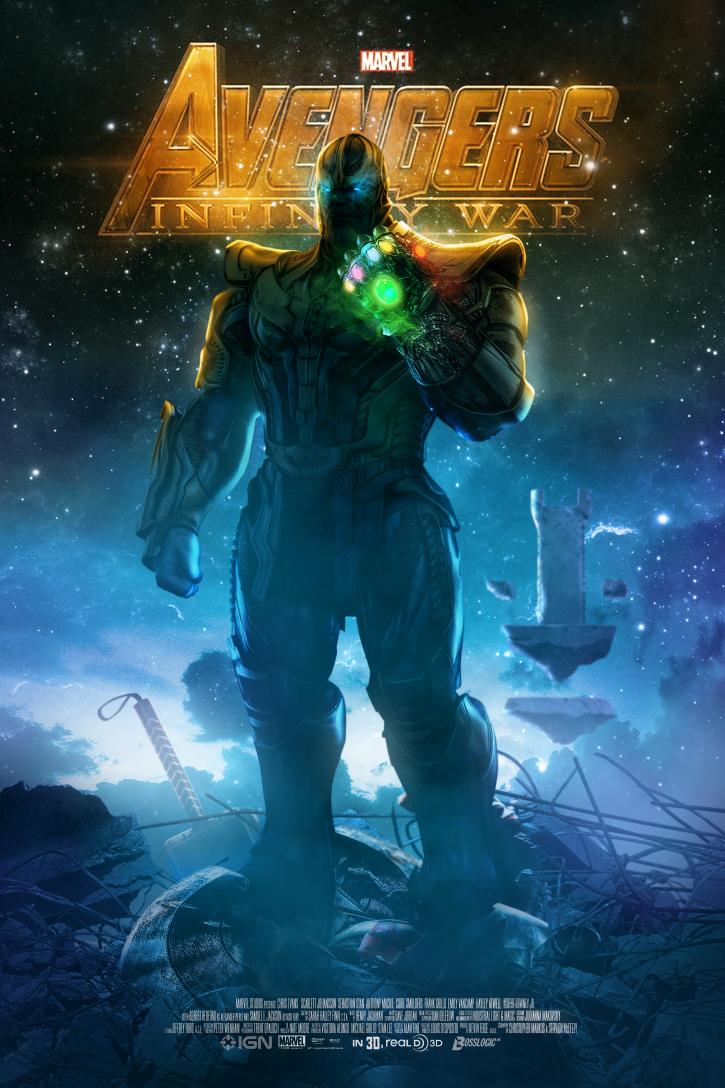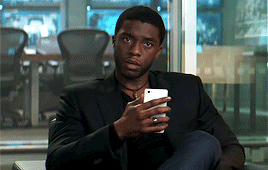
Actor/playwright/producer Chadwick Boseman displayed his tremendous talent on both stage and screen for 25 years. Boseman appeared in numerous television shows before becoming known for portraying iconic African-Americans in several film roles (Ernie Davis in The Express, Jackie Robinson in 42, James Brown in Get On Up and Thurgood Marshall in Marshall). When the Marvel Cinematic Universe's creative team decided to bring African superhero Black Panther to life on the big screen, it wasn't much of a surprise when Boseman was tapped for the role. Despite being diagnosed with colon cancer in 2016, the actor continued to work steadily but sadly the Anderson, SC native lost his battle to the illness at his home on August 28. During his 43 years, Boseman appeared in 14 television series (with another on the way) and another 14 feature films (with one yet to be released). We've listed his best three big-screen performances below.
5. The Express
4. Marshall

Thurgood Marshall made history in 1967 when he became the very first African-American U.S. Supreme Court justice. But the film that bears his name is set much earlier in the legal pioneer's career. Marshall takes place in 1940 and 1941 when a then 33-year-old Marshall, portrayed by Boseman, was still a practicing attorney employed by the NAACP. The movie focuses on his involvment in the State of Connecticut v. Joseph Spell case. The case centered on a white woman, Eleanor Strubing, who accused her African-American chauffeur, Spell, of rape, kidnapping and attempted murder. Because the presiding judge, Carl Foster (a friend of prosecutor Lorin Willis' family), prohibited Marshall from speaking in the courtroom, he teamed with local, caucasian insurance attorney Samuel Friedman (in reality, Friedman was hired because it was believed that the white jury would more readily identify with him than with Marshall). Under Marshall's guidance, Friedman's cross-examination of Strubing exposed inconsistencies in her story. It was ultimately revealed in court that she and Spell had engaged in consensual sex and that Strubing made the false accusation out of fear that her extramarital liason with a Black man might be exposed by an accidental pregnancy. After more than 12 hours of deliberation, Spell was acquitted by the all-white jury, eliciting audible gasps in the courtroom.
Marshall retired in 1991, 16 months before his death, and was consequently succeeded by Clarence Thomas. Fifty-two years after Marshall's appointment, Thomas, who still sits on the Supreme Court bench, is the last African-American justice to join the court.
3. Infinity War


While various Avengers and Galaxy Guardians made important contributions during the fight against galactic warlord Thanos in the $2 billion-grossing Infinity War (the culmination of a decade of MCU films and the fifth highest-grossing movie of all time), Boseman's T'Challa hosted the legendary last stand in his own kingdom -- Wakanda.
2. Civil War


While Captain America's trilogy-capper featured a monumental ideological clash between Steve Rogers and Tony Stark, it also provided the Black Panther with an epic live-action debut that threatened to steal the show from the headliner. Boseman's portrayal of African prince/superpowered warrior T'Challa (Black Panther) in this $1.1 billion-grossing MCU hit was the perfect lead-in to the hero's self-titled solo film.
1. Black Panther


After ascending to the throne of the African kingdom of Wakanda -- the most technologically-advanced nation on Earth -- Boseman's King T'Challa successfully wins his crown back after an insurrection. He subsequently vows to use his resources to aid members of the African diaspora around the world.
Infinity War was the biggest money-maker of 2018. But unlike Infinity War, the second-biggest earner of the year, Black Panther, wasn't just a movie -- it was an event. And a cultural touchstone. And a watershed moment for big-budget filmmaking. It's no fluke that it's the only comic book film to nab a Best Picture nomination (And it actually went home with three statuettes!).
Black Panther, even more than The Dark Knight, elevates the comic book movie to a genre that's capable of actually saying something. The film's complex social commentary far exceeds any other installment in the wildly successful MCU while still managing to become the third highest-grossing movie of all time in North America (fourth ever since Endgame strong-armed the movie business in 2019) and rack up $1.34 billion at the global box office.
T'Challa, who protects his people under the guise of the legendary Black Panther, finally returns home to the seemingly third-world African nation Wakanda as the heir apparent following the death of his father, King T'Chaka, in Civil War.
Meanwhile, T'Challa's American-born cousin, Erik Stevens, is on a collision course with the new monarch, steadily inching his way to his ancestral home with single-minded determination. After becoming a Navy SEAL and graduating from MIT, Stevens honed his skills as a warrior in Afghanistan and other hot spots around the globe, picking up the nickname "Killmonger" (a reference to his considerable body count) along the way. His military career also includes black-ops missions in which he helped to destabilize governments.
With assistance from black market arms dealer Ulysses Klaue (first seen in The Age of Ultron) and Tilda Johnson, Stevens uses his skills to steal (or liberate) two Wakanda artifacts from a London museum. One of the items, a weapon, is revealed to be made of vibranium - the same Wakandan material that comprises Black Panther's suit and Captain America's shield.
After murdering both of his accomplices, Stevens' makes his way to Wakanda, where he reveals his native name (N'Jadaka) and the fact that he's of royal blood (as the son of King T'Chaka's brother) and thereby eligible to challenge T'Challa's claim to the throne. Following his defeat of T'Chaka in ritual combat, N'Jadaka does indeed assume the Wakandan throne and announces his intention to distribute the country's advanced technology and weaponry (based mainly on vibranium) to the African diaspora across the globe so that the world's Black population can rise up against white regimes. T'Challa, beaten to within an inch of his life and presumed dead, and his loyal supporters initiate a Wakandan civil war in order to stop the new king from inciting an international race war.
The central conflict in Black Panther stems from the ideological differences between T'Chaka and Stevens. The former is a staunch isolationist who continues Wakanda's previous rulers' policy of disguising the advanced nation as a third-world country, in part so as not to share their priceless reserves of vibranium that not only powers Wakandan technology but also bestows enhanced abilities upon the Black Panther. Stevens, on the other hand, not only wants to reveal Wakanda's true nature, his lifelong dream has been to expand the kingdom into an empire that dominates the rest of the world as insurance against the subjugation of Black people. T'Challa also acts as a stand-in for Black Africans while Stevens represents African-Americans, whom he views as being abandoned, historically, by the former.
Fittingly for a story about Native Africans, the cast is almost entirely comprised of Black actors, headlined, of course, by Boseman.
Originally Posted 8/29/20


No comments:
Post a Comment